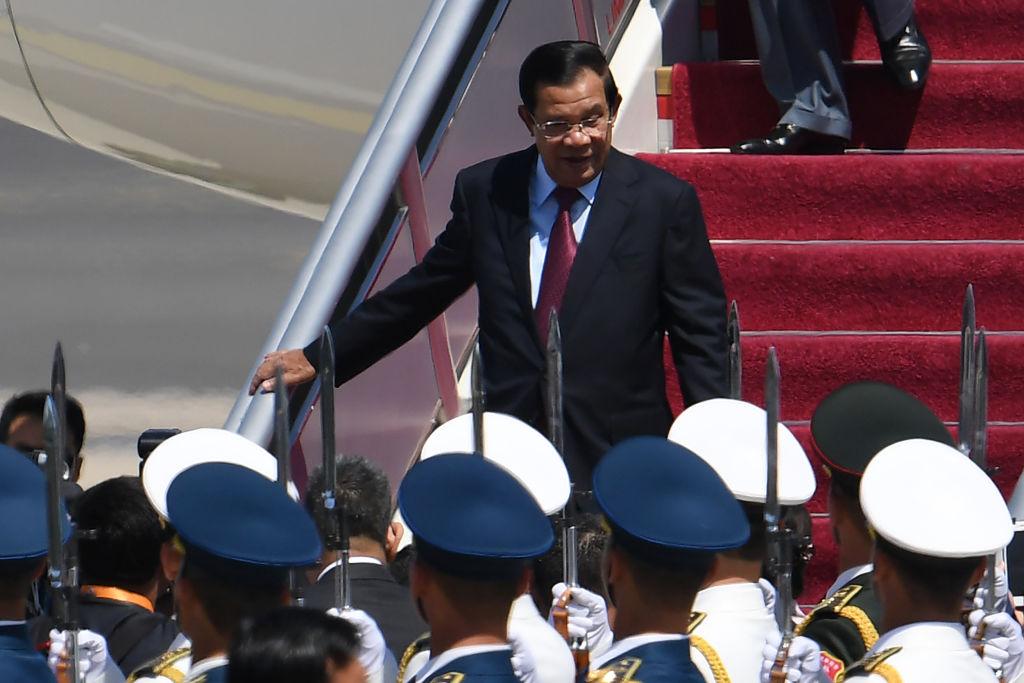Cambodia, facing the possibility of losing its preferential trade status with the European Union, has decided to seek support from and further bolster ties with Beijing.
It was Cambodian leader Hun Sen who disclosed that China would provide assistance, in a post on his official Facebook page on April 29. Hun said Chinese Premier Li Keqiang had promised support, although he gave no further details. Chinese authorities hadn’t confirmed the move as of press time.





